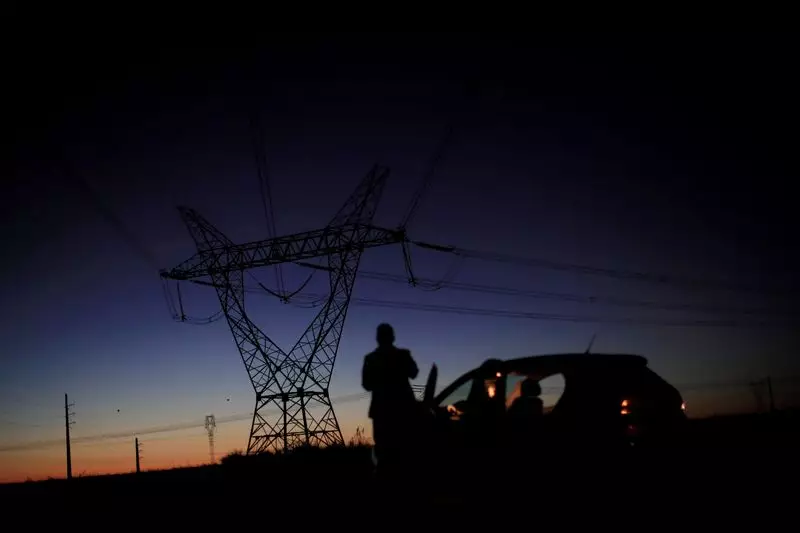Despite the growth of wind and solar power in Brazil in recent years, more than half of the country’s power supply still comes from hydroelectric plants. This heavy reliance on hydroelectricity makes Brazil susceptible to fluctuations in reservoir levels, especially during the dry season.
Aneel, the local power regulator, implements a pricing system consisting of “green”, “yellow”, “red level 1”, and “red level 2”. The activation of these levels results in additional charges being levied on consumers’ power bills. In September, Aneel decided to activate the “red level 2” rank, meaning that Brazilians will now pay an extra 7.88 reais ($1.40) for each 100 kilowatt-hour of power they consume.
The implementation of higher pricing levels by Aneel not only impacts consumers’ pockets directly but also raises concerns about inflation in the country. As additional charges are gradually introduced from the “yellow” level onwards, the cost of living for Brazilians increases, putting further pressure on household budgets.
With reservoir levels at hydroelectric plants dropping and rainfall forecasted to be significantly below average in September, power generators in Brazil will need to rely more on thermoelectric plants. These plants, although effective in generating power, come at a higher cost compared to hydroelectricity. The shift to thermoelectric plants could lead to an increase in overall electricity prices in the country.
The decision by Aneel to activate the “red level 2” pricing tier reflects the challenges faced by Brazil in maintaining a stable and affordable power supply. As the country grapples with the impact of changing weather patterns on hydroelectric generation, consumers are likely to bear the brunt of rising electricity prices. Moving forward, it will be crucial for Brazil to diversify its energy sources and invest in more sustainable alternatives to mitigate the effects of changing climate conditions on its power sector.

